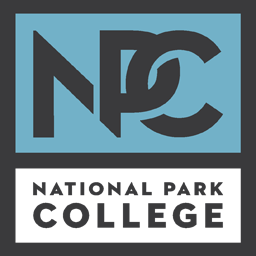

The National Park College (NPC) Innovative Technologies Center (ITC) was awarded an $890,280 regional workforce continuation grant from the Arkansas Division of Higher Education (ADHE) last week.
NPC was awarded a $95,000 regional workforce planning grant in October 2015, which the College used to develop a strategy for creating the ITC. In July 2016, NPC was awarded a regional workforce implementation grant for $866,869 to begin executing the plan to establish the ITC. Since the center opened in March 2017, the ITC has engaged over 1,500 Garland County residents through industry training, summer camps and other programs for students and community members.
The continuation grant will allow the ITC to build on previous success, providing even more opportunities to partner with local industry, develop additional educational programming for K-12 and college students, and launch a makerspace in fall 2018.
The makerspace will provide a creative space to share ideas and build relationships that can lead to lifelong learning and career opportunities. It will be a place for employers, students, and community members to explore concepts and create prototypes. Students can interact with industry partners to explore career opportunities. “Since opening in 2017, we have seen students engage in problem solving projects with industry partners and develop new ideas that launch entrepreneurial pursuits,” said Kelli Albrecht, vice president for workforce and strategic initiatives. “The ITC provides a place where emerging technologies are readily available to those who want to explore them,” she added.
Dr. Julian Post, educational programs coordinator, developed the vision for the makerspace and looks forward to introducing it to the public later this year. “The makerspace not only focuses on developing and improving skills, but gives exposure to new technologies, thought processes, and ideas,” stated Dr. Post. “One of the outcomes of the makerspace is that the participants gain an understanding of how to incorporate emerging technologies and experiences to enhance fabrication skills, product development, educational experience, and life skills.”
“During the implementation grant, the ITC was able to forge relationships with industry and establish basic workforce programming, such as CNC machining technology, which was widely needed. Industry partners are now looking to the ITC to take this programming to the next level and establish more advanced training to augment the skillsets of employees and provide them with training they need to further enhance their organizational outcomes,” stated Robin Pelton, ITC director. “We are thrilled to receive this additional funding and feel that the ADHE understands our vision and the potential economic impact the ITC can have on our regional workforce efforts.”